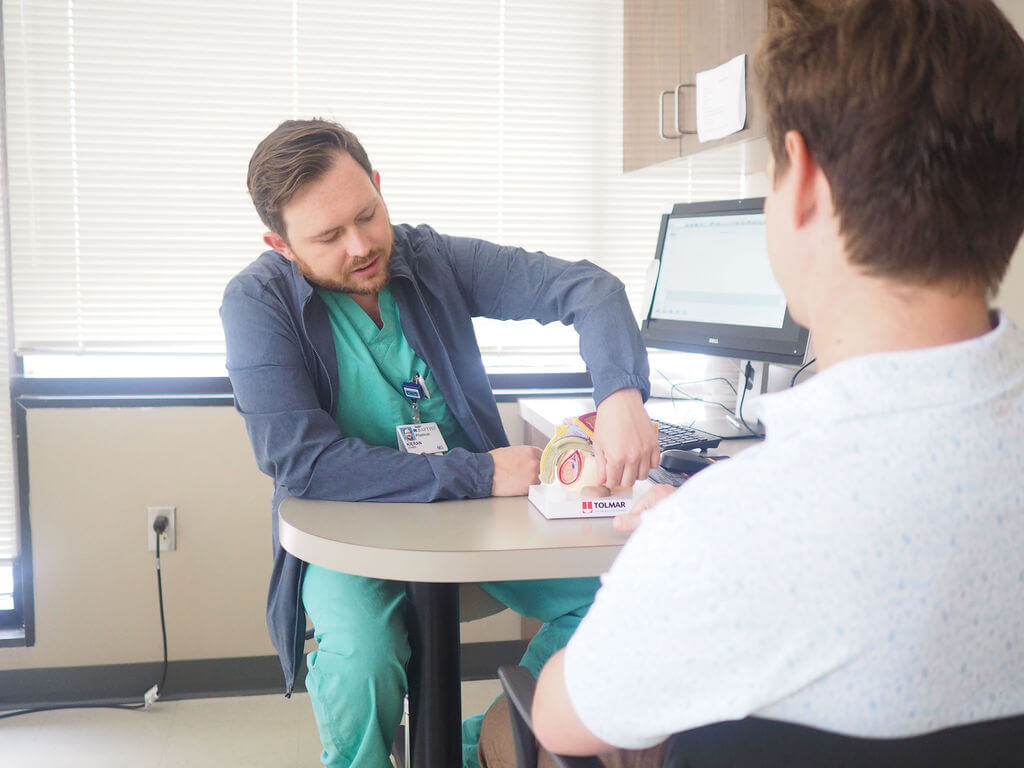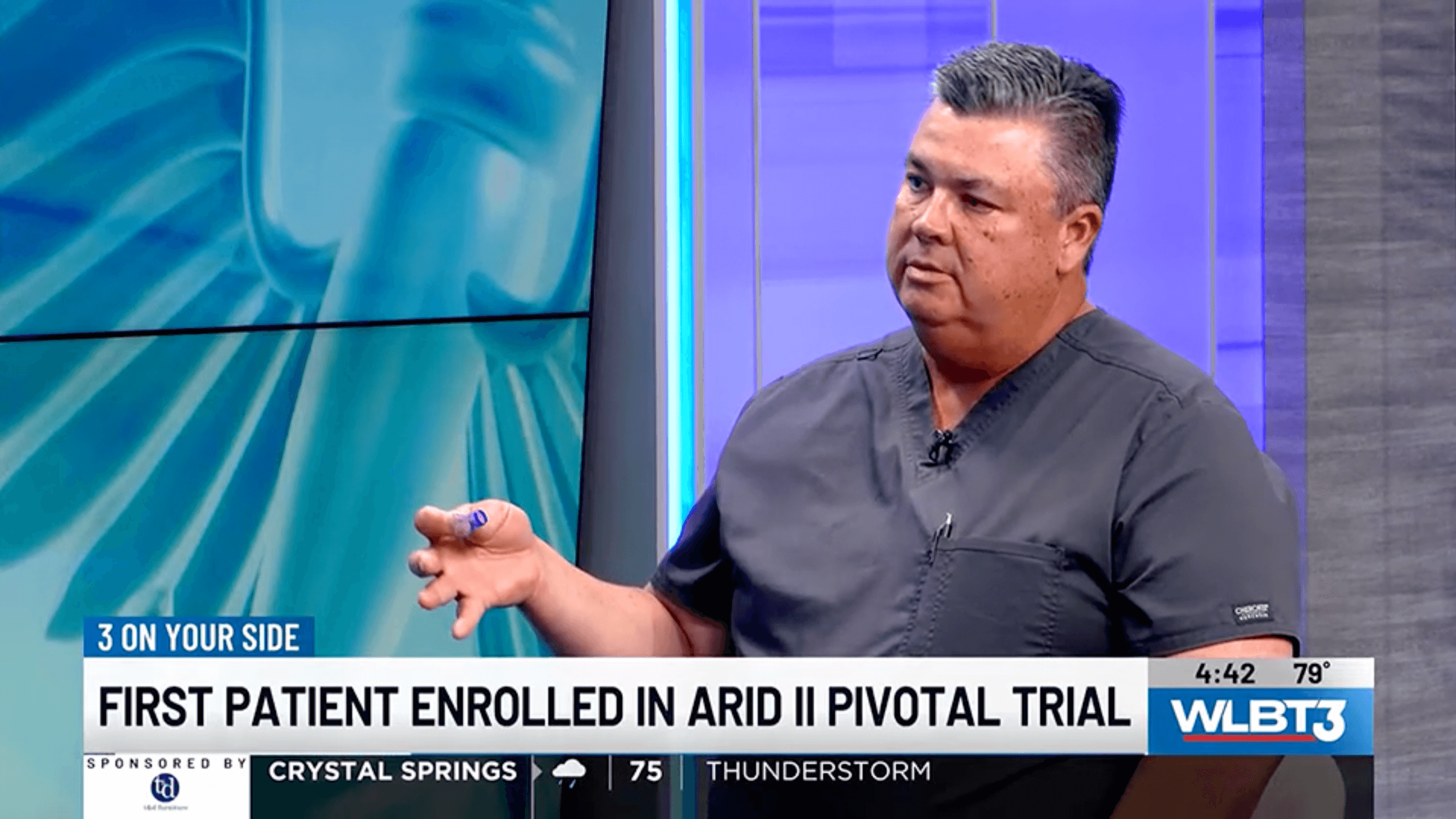September doesn’t just mark the start of football season and cooler evenings. It is also National Prostate Cancer Awareness Month, a time to shine a light on a disease that affects one in eight men in the United States during their lifetime.
At Mississippi Urology, we witness firsthand how early, proactive care can transform lives. Prostate cancer is the most common type of cancer diagnosed in men in the U.S. (other than non-melanoma skin cancer) and the second leading cause of cancer deaths in men, after lung cancer. Yet, when caught early, it is one of the most treatable. The difference often comes down to a simple screening.
The Silent Nature of Prostate Cancer
Prostate cancer rarely announces itself with obvious symptoms in its early stages. Many men feel perfectly healthy until the disease has already advanced. That is why routine screenings are so important, particularly for men over 50 (or earlier for those with risk factors like family history or African American heritage).
Breaking the Stigma
We understand the hesitation. Talking about prostate health can feel uncomfortable. But it is time to move past stigma and silence. Conversations about screening are conversations about staying healthy, protecting families, and giving men the chance to live fuller, longer lives.
When to Get Screened
Most men should begin talking with their doctor about prostate cancer screening around age 50. Men at higher risk, including Black men and those with a family history, may need to start as early as 40–45. How often you should be screened depends on your individual risk factors, but for many men, a conversation about screening every one to two years is appropriate. About 60% of prostate cancer cases are diagnosed in men over 65, but younger men are not immune, which makes timely conversations about risk essential.
Screening is usually quick and straightforward. It often begins with a simple blood test, called a PSA test, and sometimes includes a brief physical exam. These tools can help detect prostate cancer early, often before symptoms appear, when treatment is most effective.
Awareness Becomes Action
Awareness months are designed to educate, but they are also meant to inspire action. Sharing this article, encouraging a loved one, or scheduling your own screening are all powerful steps. The ripple effect of one decision can extend far beyond a single patient.
Take the First Step
If you or a loved one are due, or unsure when you should next be screened, now is the time to talk with your doctor. Roughly one in 41 men will die from prostate cancer, yet most deaths are preventable with early detection. Schedule your prostate cancer screening with Mississippi Urology today.
















%20(1).png)










